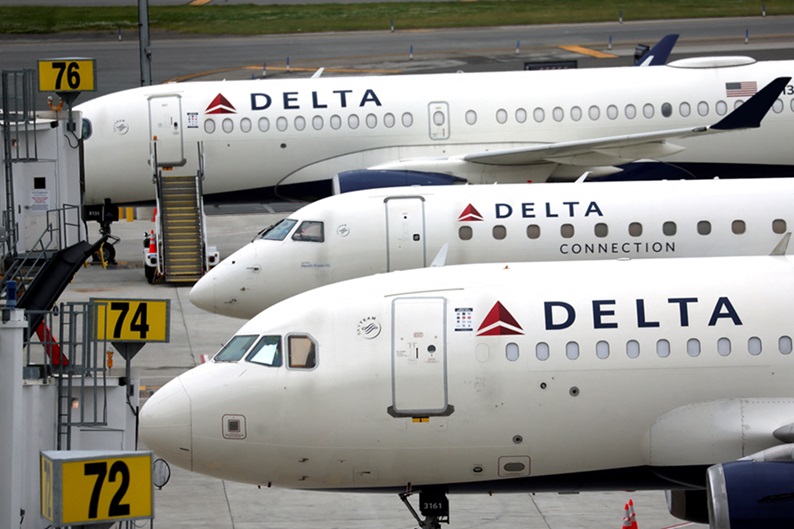In a stunning display of irony, Delta Air Lines, often heralded for its punctuality, found itself in a whirlwind of chaos last weekend. An IT outage on Friday sent shockwaves through the airline’s operations, leading to the cancellation of over 4,600 flights and leaving travelers stranded across the globe. The debacle prompted a rare public apology from CEO Ed Bastian, who offered frequent flyer miles as a peace offering to disgruntled passengers.
The fiasco attracted the ire of Transportation Secretary Pete Buttigieg, who lambasted the airline for the “unacceptable disruptions” and the avalanche of complaints received by his department. “I have made clear to Delta that we expect prompt refunds and timely reimbursements for food and overnight stays,” Buttigieg declared, adding that adequate customer service must be provided to all affected passengers. Delta, typically the paragon of reliability, now found itself the subject of intense scrutiny and criticism.
Despite efforts to stabilize the situation, the turbulence continued into Monday, with Delta canceling another 700 flights, accounting for more than half of the U.S. cancellations. This prolonged disruption stood in stark contrast to competitors like American Airlines and United Airlines, which had managed to rebound much quicker. Delta’s leaders, renowned for their operational efficiency, now faced an unprecedented challenge in regaining their footing.
To mitigate the chaos, Delta scrambled to offer extra pay to flight attendants willing to pick up shifts, even resorting to calling them personally. Bastian, in his heartfelt apology to customers, acknowledged the difficulty of the situation, especially during one of the busiest travel periods of the summer. The financial toll was already apparent, with Raymond James estimating a hit of over $160 million. As Delta navigates through this turbulence, the incident serves as a stark reminder of the fragility of even the most reliable systems in the face of unforeseen disruptions.
(Source: NYT | CNN)









